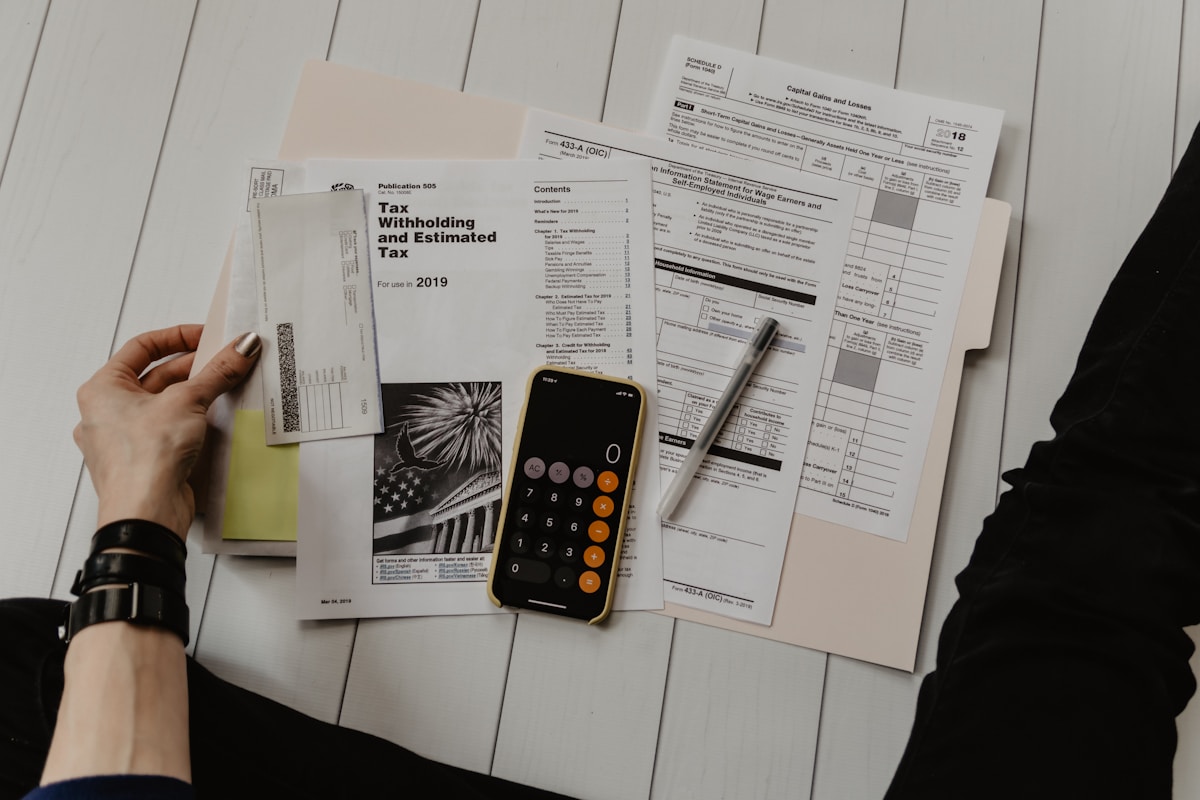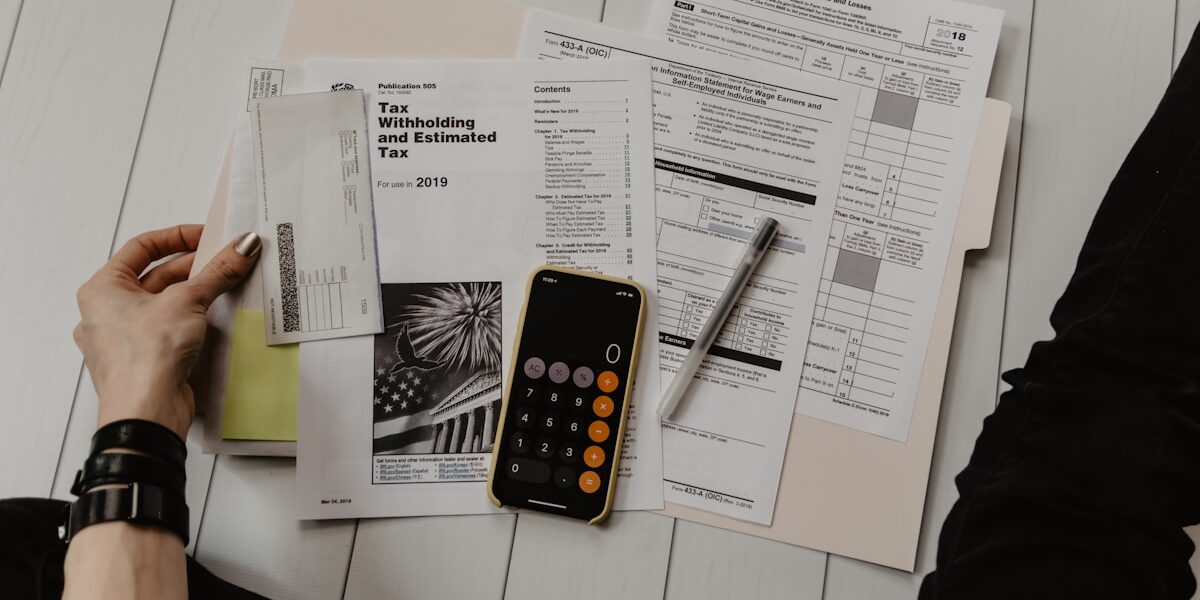How to Estimate Closing Costs When Paying Cash
How to Estimate Closing Costs When Paying Cash
Paying cash for a property has its benefits. Buyers don’t deal with mortgage lenders and enjoy quicker closings. One unavoidable aspect, however, is calculating closing costs. Knowing how to estimate these costs helps in budgeting efficiently.

Understanding Closing Costs
Closing costs are fees and expenses that come with purchasing a property. For cash buyers, these costs can include inspections, title insurance, and recording fees. Let’s break down each common expense associated with buying a property outright.
Title Search and Insurance
Before buying a property, a title search ensures the title is clear of any claims, liens, or disputes. Title insurance protects you if there’s a defect in the title after closing. The cost of a title search and insurance varies by location and property value. It usually ranges from a few hundred dollars to over a thousand.
Home Inspection
A home inspection assesses the property’s condition, highlighting potential issues. Cash buyers often opt for this to avoid costly repairs post-purchase. Inspections typically cost between $300 and $500, depending on the property’s size and complexity.
Property Survey
A survey determines property boundaries and identifies any encroachments. It’s particularly important if you plan on making improvements or if the property has large acreage. Surveys can range from $300 to $900.
Recording Fees
These are fees charged by local governments to record the deed and other documents. This process makes your ownership public record. The cost for recording fees varies significantly by jurisdiction, ranging from $50 to several hundred dollars.
Attorney Fees
In some states, an attorney oversees the closing process. They ensure all documents are accurate and in order. Fees for real estate attorneys typically range from $500 to $1,500.
Transfer Taxes
Transfer taxes are imposed by states, counties, or municipalities when ownership of property changes. The tax rate varies widely by location. It’s usually a percentage of the purchase price, ranging from 0.1% to 4%.
Homeowner Association Fees
If the property belongs to a homeowner’s association (HOA), you might need to pay prorated dues and transfer fees at closing. Check with the HOA for specific amounts and fees.
Prorated Property Taxes
You may need to reimburse the seller for prepaid property taxes from the closing date to the end of the tax period. This amount depends on local tax rates and the timing of the sale.
Estimating Your Closing Costs
Creating an itemized list of possible fees will help you estimate the total closing costs. Here are steps to get an approximate figure:
- Research typical costs in your area for title search, insurance, inspections, surveys, and other services.
- Contact local government offices to determine recording fees and transfer taxes.
- Consult with a real estate attorney or an experienced agent for an estimate of their fees.
- Reach out to the seller for prorated tax amounts.
- Contact the HOA, if applicable, for fee amounts.
Add these figures to get an overall estimate of your closing costs. It’s always a good idea to add a buffer for unexpected expenses.
Example Calculation
Suppose you’re purchasing a home for $300,000 in a state with a transfer tax rate of 1.5%. The title insurance is expected to be $1,000, the home inspection $400, and the property survey $500. The recording fees are about $200, and your attorney charges $1,200. You’ve contacted the seller and will owe $1,500 in prorated property taxes. There are no HOA fees associated with this property.
- Title Search and Insurance: $1,000
- Home Inspection: $400
- Property Survey: $500
- Recording Fees: $200
- Attorney Fees: $1,200
- Transfer Taxes: $4,500 (1.5% of $300,000)
- Prorated Property Taxes: $1,500
The total estimated closing costs would be $9,300. This gives you an idea of what to expect without any financing involved.
Saving on Closing Costs
There are ways to potentially reduce your closing costs. Shop around for better rates on services like title insurance and inspections. Some fees, such as transfer taxes and recording fees, are fixed, but others might be negotiable. Always ask for detailed breakdowns of costs to understand where your money is going and identify areas where you might save.
Final Thoughts
Estimating closing costs when paying cash for a property involves understanding and budgeting for several key expenses. Approach the process methodically, reaching out to professionals when needed. With careful planning, you can mitigate risks and ensure a smoother transaction.



